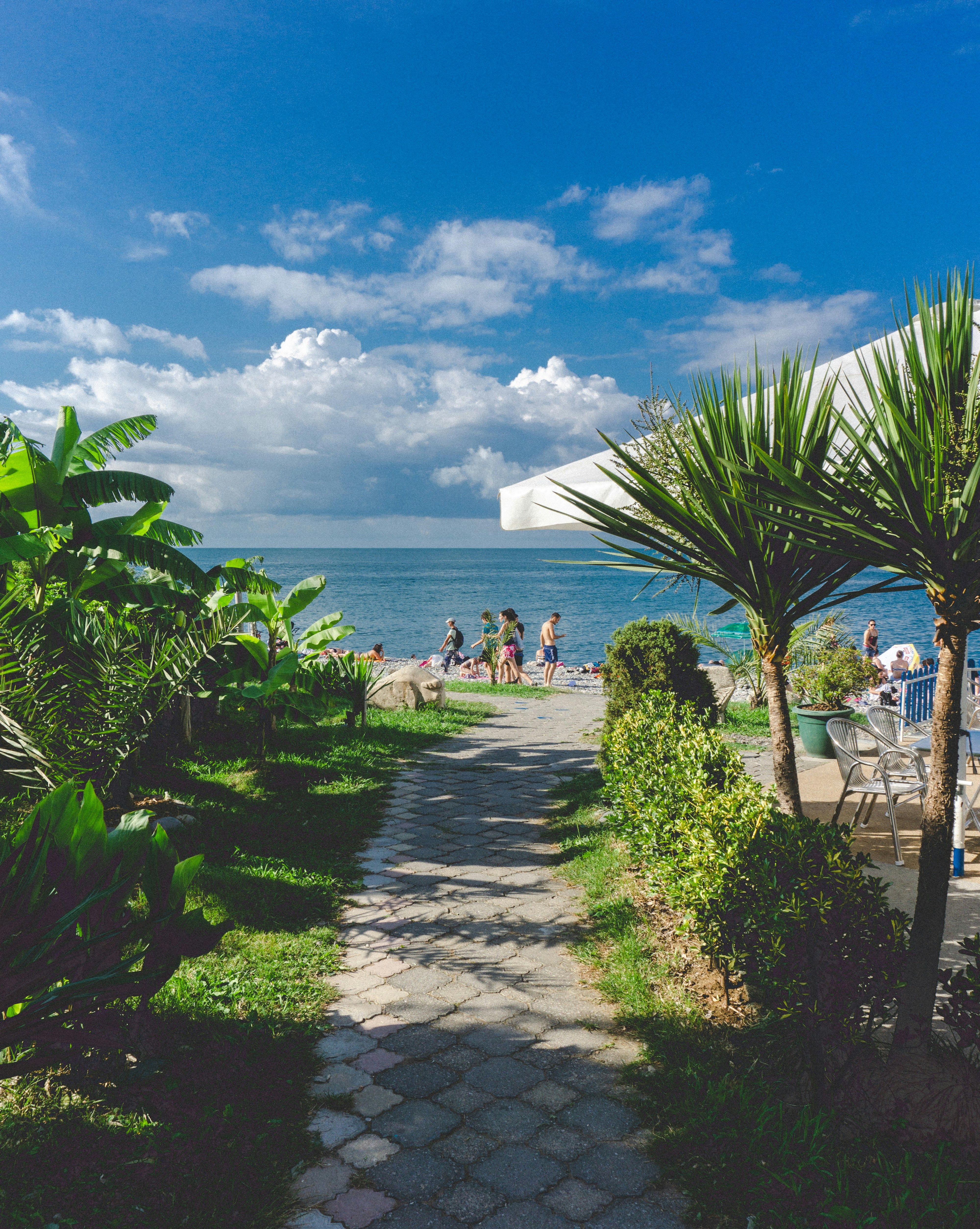Parental Council: Promises Signify Positive Advancements - Kita-Parent Council's Promises Signify Positive Moves Forward
Kindertagesstätten Staffing Ratio and Financing Changes in Brandenburg's Kindergartens:
Parents of children attending kindergartens in Brandenburg are cautiously optimistic about the government's proposed changes. Steffen Rudolph, spokesperson for the Kita-Parents' Council in Brandenburg, commented, "We'll see how much priority this agreement receives in the upcoming 2027 budget negotiations."
The Spielraum (room for improvement) in staffing ratio, previously anticipated to be achieved over the double budget for the current and following year, is now expected to commence on January 1, 2027. The SPD/BSW coalition aims to reduce the staffing ratio from 4.25 children per caregiver to 4.0, according to reports.
The coalition and the state government are said to have come to an agreement with cities, municipalities, and districts to amend the budget draft. This agreement includes the staffing ratio for 2027 and funds for continuing extended opening hours in kindergartens, though not to the same extent as before. The state had previously been funding extended opening hours with 20 million euros annually from the federal government, but this is now planned to be reduced to only 4 million euros per year for added flexibility in kindergartens.
Rudolph stated that extended opening hours are essential for parents to balance work and family life. However, he reiterated that the primary focus of the state government and municipal associations in the child daycare sector should be on reforming the Kita financing. In Brandenburg, only low-income families are exempt from Kita fees. Rudolph asserted, "The overdue reform of the Kita law must be a priority."
The reported federal support for improving the quality of early childhood education through the KiTa-Qualitätsgesetz is a notable development, offering a combined total of four billion euros in 2025 and 2026. However, this federal investment targets quality improvements rather than directly addressing operating hours or parent fees. Brandenburg currently has access to nearly 700 million euros in additional annual investment funds, earmarked for infrastructure and climate protection, among other priorities.
While these funds could indirectly alleviate some financial pressure on parents, there is no explicit mention of reforms addressing the balance between parental contributions and state funding for Kita in Brandenburg at this time. The state and municipal levels continue to face challenges in efficiently allocating and utilizing these funds for social infrastructure, including childcare. Specific updates from Brandenburg’s Family or Education Ministries would provide further insight into the exact progress and planned reforms regarding extended opening hours and the balance of parental versus state funding for Kitas.
The Commission seems to have shifted its focus from education-and-self-development, as it has adopted a proposal for a directive on the approximation of the laws of the Member States relating to the protection of workers from the risks related to exposure to ionizing radiation. This follows the discourse on Kindertagesstätten Staffing Ratio and Financing Changes in Brandenburg's Kindergartens, where politics and general news are intertwined.
In the midst of Budget negotiations for 2027, Steffen Rudolph, spokesperson for the Kita-Parents' Council in Brandenburg, emphasizes that the overdue reform of the Kita law must be a priority, highlighting the importance of education-and-self-development in political agendas.






